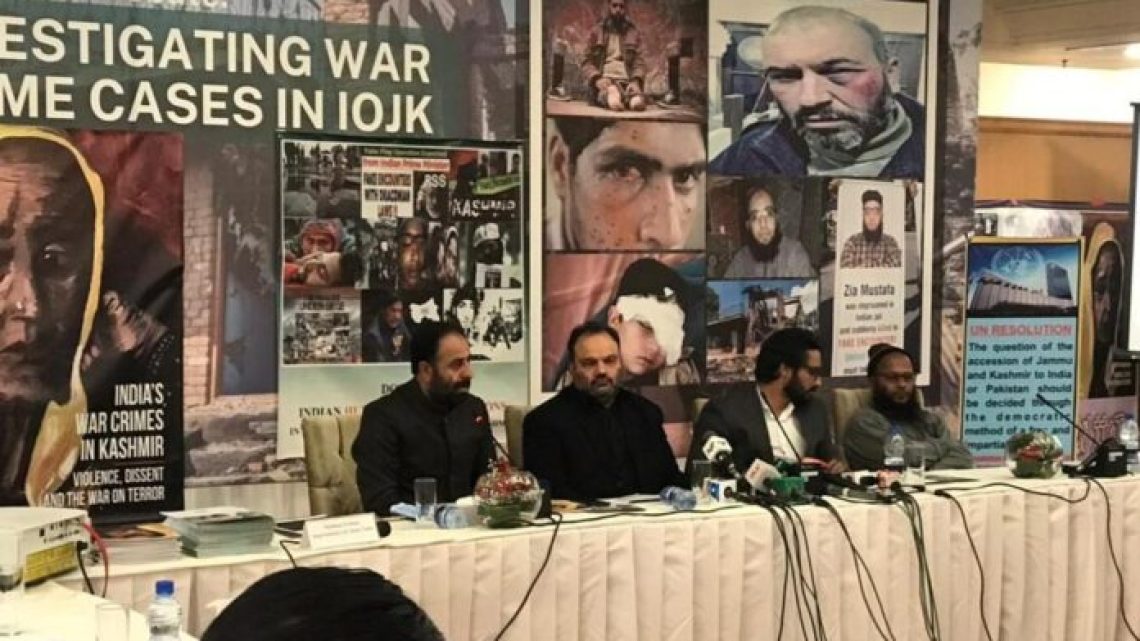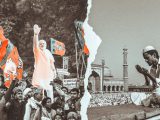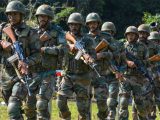
UN Urged to Investigate Extrajudicial Killings in IIOJK
September 11, 2024The UN Human Rights Council has been urged to pass a resolution calling for a Commission of Inquiry into the ongoing extrajudicial killings by Indian troops in Indian illegally occupied Jammu and Kashmir (IIOJK). This plea follows recent reports of grave human rights abuses in the region.
On September 9, 2024, Indian forces killed two young men in what is alleged to be a staged encounter in Nowshera, Rajouri district. Earlier, on September 6, 2024, Mohammad Manzoor from Surankot, Poonch, succumbed to injuries sustained during severe torture by Indian troops.
The brutal pattern involves detaining innocent youths under accusations of resistance links, subjecting them to intense torture, and eventually executing them. Manzoor’s case highlights this ongoing issue; he was abducted on August 10-11, 2024, tortured, and his family was threatened to prevent them from speaking out.
The report also mentions the deaths of Pakistani prisoners in Indian custody, such as Muhammad Ali Hussain, killed in a staged encounter in Arnia on August 17, 2022, and Zia Mustafa, who was murdered in a fake encounter in Poonch forests in October 2021. These cases illustrate a disturbing trend of extrajudicial killings.
Since the conflict began in 1989, over 96,000 Kashmiris have lost their lives, with approximately 7,348 of those deaths resulting from fake encounters and custodial torture. The report criticizes the Modi government for granting extensive powers to the military, which has reportedly enabled these severe human rights abuses.
The call for a Commission of Inquiry underscores the urgent need for international intervention and accountability. The global community is urged to take action and address the widespread extrajudicial killings and human rights violations occurring in Jammu and Kashmir.
The proposed inquiry aims to bring transparency and justice to the victims and hold those responsible for these atrocities accountable. As the situation continues to deteriorate, it is crucial for international bodies to act decisively to prevent further bloodshed and ensure the protection of human rights in the region.

